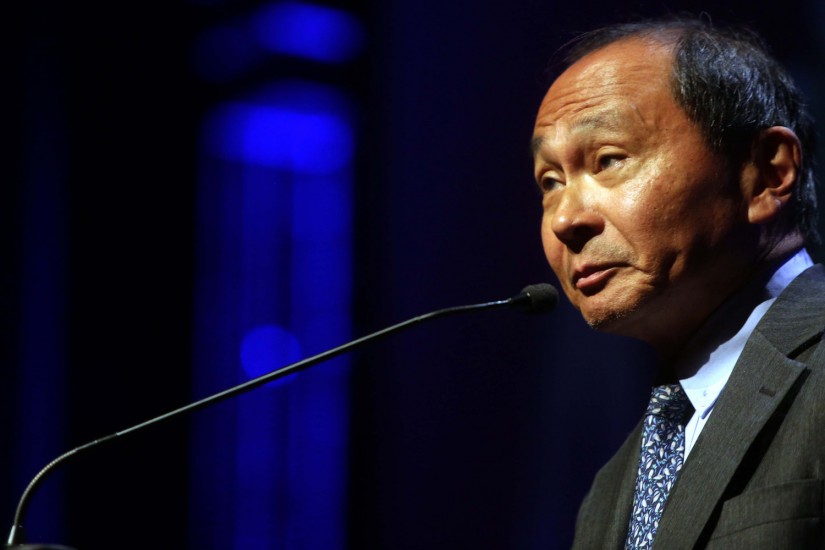Twenty-nine years later, it seems that the realists haven’t gone anywhere, and that history has a few more tricks up its sleeve. It turns out that liberal democracy and free trade may actually be rather fragile achievements. (Consumerism appears safe for now.) There is something out there that doesn’t like liberalism, and is making trouble for the survival of its institutions.
Fukuyama thinks he knows what that something is, and his answer is summed up in the title of his new book, “Identity: The Demand for Dignity and the Politics of Resentment” (Farrar, Straus & Giroux). The demand for recognition, Fukuyama says, is the “master concept” that explains all the contemporary dissatisfactions with the global liberal order: Vladimir Putin, Osama bin Laden, Xi Jinping, Black Lives Matter, #MeToo, gay marriage, isis, Brexit, resurgent European nationalisms, anti-immigration political movements, campus identity politics, and the election of Donald Trump. It also explains the Protestant Reformation, the French Revolution, the Russian Revolution, Chinese Communism, the civil-rights movement, the women’s movement, multiculturalism, and the thought of Luther, Rousseau, Kant, Nietzsche, Freud, and Simone de Beauvoir. Oh, and the whole business begins with Plato’s Republic. Fukuyama covers all of this in less than two hundred pages. How does he do it?
Not well. Some of the problem comes from misunderstanding figures like Beauvoir and Freud; some comes from reducing the work of complex writers like Rousseau and Nietzsche to a single philosophical bullet point. A lot comes from the astonishingly blasé assumption—which was also the astonishingly blasé assumption of “The End of History?”—that Western thought is universal thought. But the whole project, trying to fit Vladimir Putin into the same analytic paradigm as Black Lives Matter and tracing them both back to Martin Luther, is far-fetched. It’s a case of Great Booksism: history as a chain of paper dolls cut out of books that only a tiny fraction of human beings have even heard of. Fukuyama is a smart man, but no one could have made this argument work.
Why is the desire for recognition—or identity politics, as Fukuyama also calls it—a threat to liberalism? Because it cannot be satisfied by economic or procedural reforms. Having the same amount of wealth as everyone else or the same opportunity to acquire it is not a substitute for respect. Fukuyama thinks that political movements that appear to be about legal and economic equality—gay marriage, for example, or #MeToo—are really about recognition and respect. Women who are sexually harassed in the workplace feel that their dignity has been violated, that they are being treated as less than fully human.

